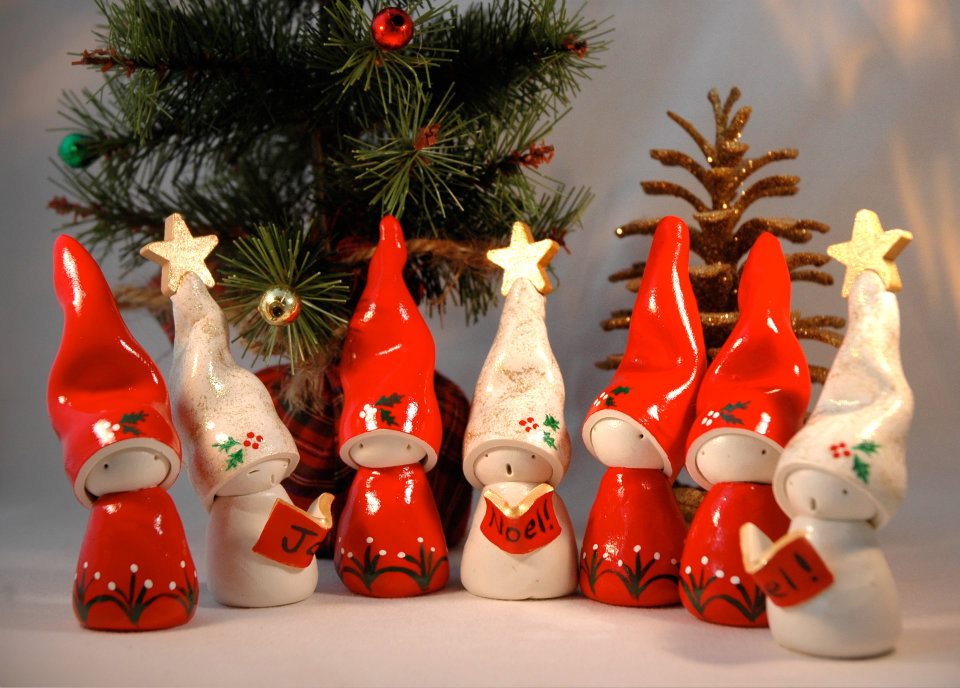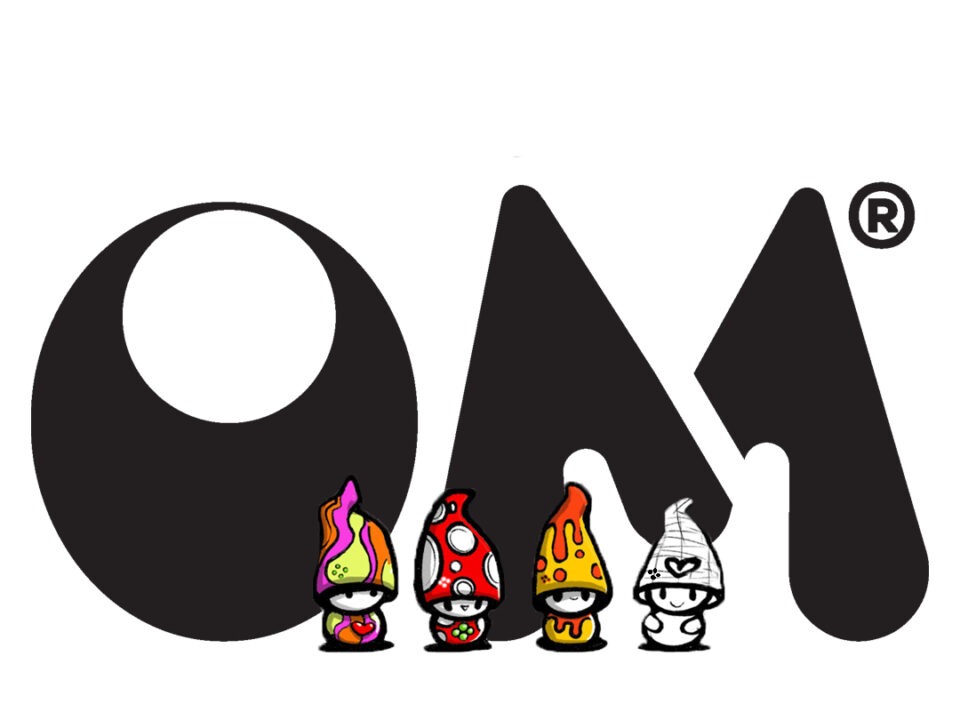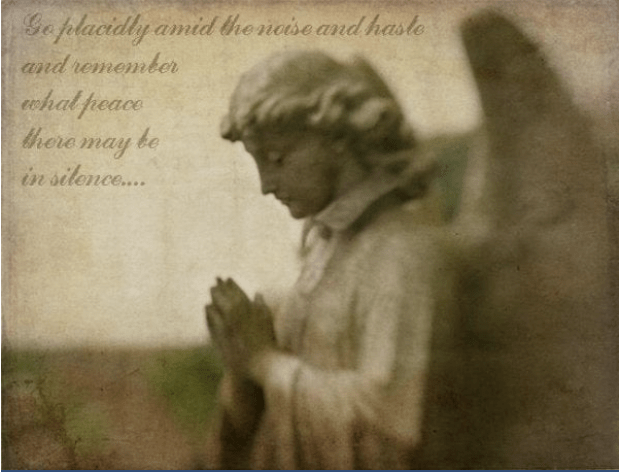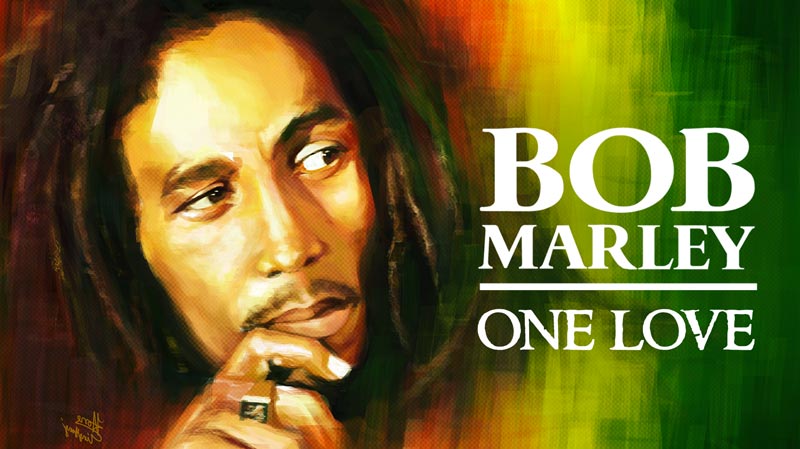OM alone 12.18.11
December 18, 2011No violence, frustration or fear: John, Yoko & the quest for peace on Earth
December 22, 2011
He had no time for Christmas.
Hated it, in fact.
Giving no gifts, eschewing its embrace, the season that he liked to refer to as humbug.
His name, Ebenezer Scrooge.
You might have heard about him.
He’s a construct for sure, a fictional figment emanating from Charles Dickens’ astonishing imagination.
It matters not, for the curmudgeon in question, a character whose name itself has entered the English language as a byword for miserliness and misanthropy, changed Christmas forever.
Using Ebenezer Scrooge as the conduit, Charles Dickens underlined all that is good about making connections, showing that the festive season is the perfect time to correct past follies and start afresh.
It took the industrious Dickens just six weeks to write, but the influence of A Christmas Carol has endured for far longer. It is something that shapes Christmas in our studio, that’s for sure.
Determined to rejuvenate a festive season struggling to shine a light upon those living in dark and difficult times, its ancient traditions flagging or forgotten, the esteemed author tapped into some sensitive sources to bring Scrooge to life in December 1843.
Humiliating experiences from his own childhood.
His compassion for the impoverished, fighting to survive in the wretched conditions of Victorian London.
His interest in seasonal observances that had for too long been overlooked.
His growing anger at the social injustices that he had seen at first hand.
In doing so, he produced a masterpiece, a tale of transformation, one that remains relevant 168 years later, in Rhode Island as in England.
Scrooge the miser, the cold-hearted and mean businessman, no place in his heart for others, no room for charity, compassion or kindness.
In Dickens’ own words, ‘…a tight-fisted hand at the grindstone, Scrooge! … a squeezing, wrenching, grasping, scraping, clutching, covetous old sinner! … hard and sharp as flint, from which no steel had ever struck out generous fire, and self-contained and solitary as an oyster … the cold within him froze his old features, nipped his pointed nose, shrivelled his cheek, stiffened his gait, made his eyes red, his thin lips blue and spoke out in his grating voice … he carried his own low temperature always about with him … (and) no warmth could warm’.
Not a nice man, not one in the least bit interested in connection, that’s for certain.
Until Christmas Eve, that is.
You see, it is on that night, December 24th, that Scrooge receives four visitors, ghosts all.
The first, Jacob Marley, his former business partner, dead seven years, enduring a miserable afterlife as punishment for his own cold and cheerless existence.
Marley’s message, that Scrooge is destined to suffer a similar fate, to bear the heavy, clanking chains that he cannot escape, unless he amends his outlook and changes his ways.
Unless he takes an interest in that that his former partner so long ignored, ‘mankind … common welfare … charity, mercy, forbearance and benevolance’.
‘Why,’ asks Marley’s ghost, ‘did I walk through crowds of fellow-beings with my eyes turned down and never raise them to that blessed Star that led the Wise Men to a poor abode? Were there no poor homes to which its light would have conducted me?’
Marley’s conclusion, that it’s not too late to change.
Scrooge receives three subsequent specters that night, the Ghost of Christmas Past, the Ghost of Christmas Present and the Ghost of Christmas Yet to Come.
The first shows Scrooge festive scenes from his childhood, a time more innocent, days brighter and more joyful, images that stir the old miser’s memories and rekindle a little Christmas cheer.
The second shows Scrooge those striving to savour the present festive season, contemporaries struggling to survive their ill-fortune and crippling poverty, those less fortunate, still managing to find time for each other.
The third shows Scrooge a glimpse from his future, the things that lie ahead should he not change, the most striking image a grave, his own, untended and neglected.
The message is clear, its impact dramatic.
The following morning, Scrooge is a changed man, awakening on December 25th, his heart filled with love and joy, treating all around him with generosity, kindness and compassion, his gestures grand, his transformation total.
To his long-suffering employee, Bob Cratchit, he sends a prize turkey, to all he encounters that Christmas Day, he offers an embrace, for in reaching out, in striving to make connections and share common experiences, he has discovered enjoyment beyond his imagination.
To quote Dickens, ‘He went to church and walked about the streets and watched the people hurrying to and fro, and patted children on the head, and questioned beggars, and looked down into the kitchens of houses, and up to the windows: and found that everything could yield him pleasure. He had never dreamed that any walk – that any thing – could give him so much happiness’.
There’s a lesson here, it’s clear, and it’s one that is not just reserved for Ebenezer Scrooge.
It’s about opening our eyes and it’s about opening our hearts.
It’s about reaching out and it’s about charity, mercy, forbearance and benevolence.
It’s about shared experiences.
It’s about connection.
More than anything, it teaches us that, no matter the things that have gone before, it’s never too late to change, that making amends is an option always open.
In writing A Christmas Carol, Dickens sought to remind his readers that the festive season is a time for generosity, for families and for making time for others.
It is possible that no greater gift has ever been given.
To quote Bob Cratchit, ‘Christmas is … a good time, a kind, forgiving, pleasant charitable time … when men and women open their shut-up hearts freely, and think of people below them as if they really were fellow passengers to the grave and not another race of creatures bound on other journeys.’
This is something that everyone can learn from.
Don’t be a Scrooge this Christmas.



